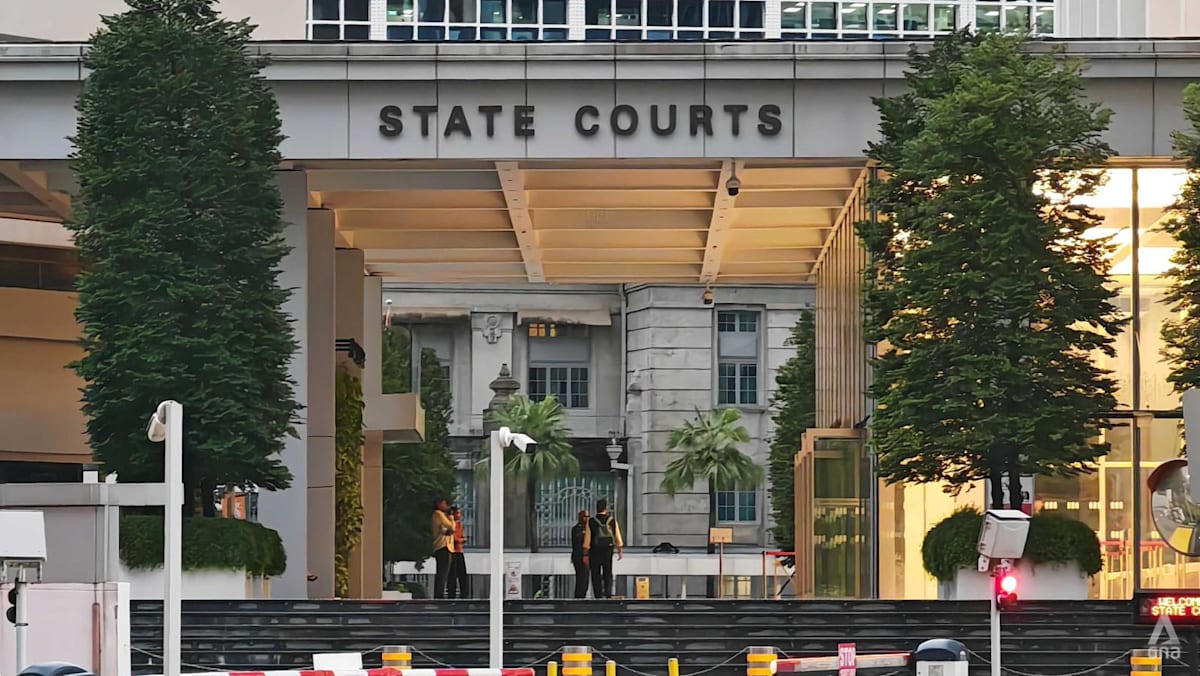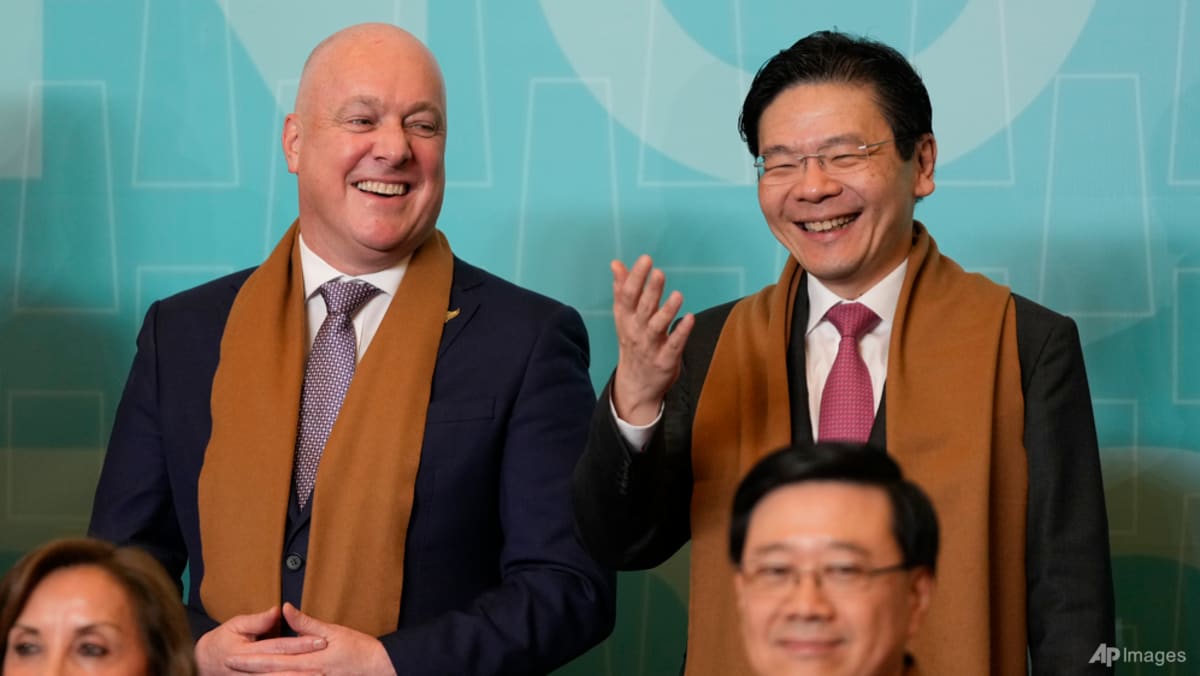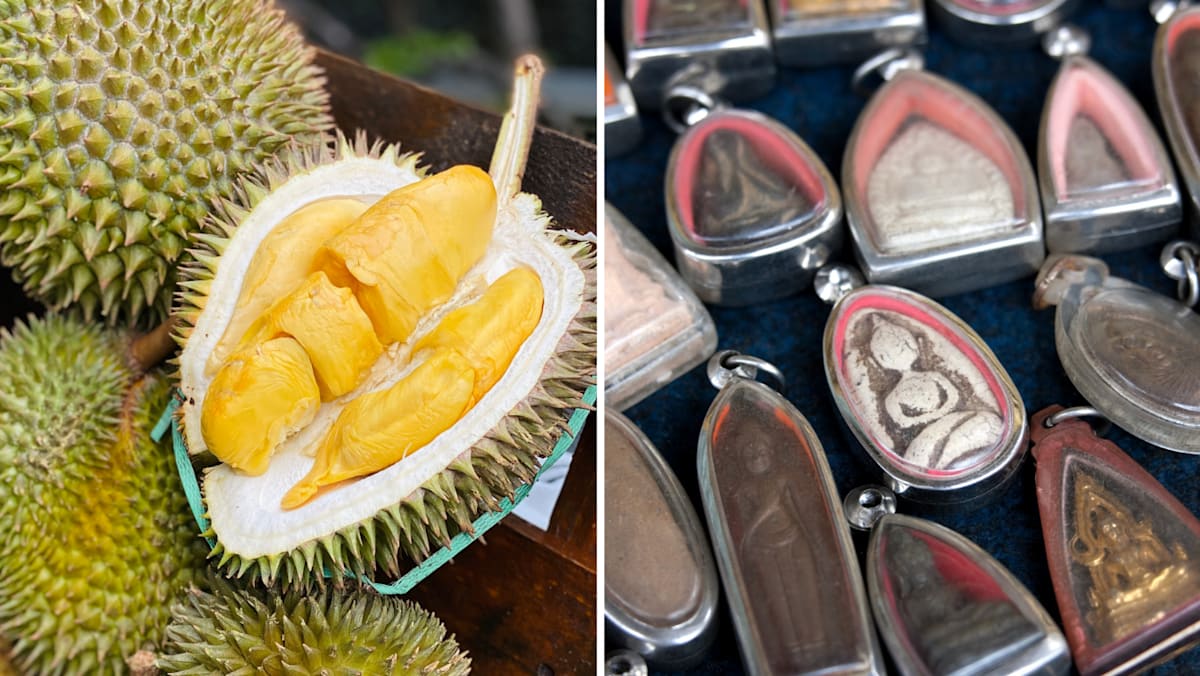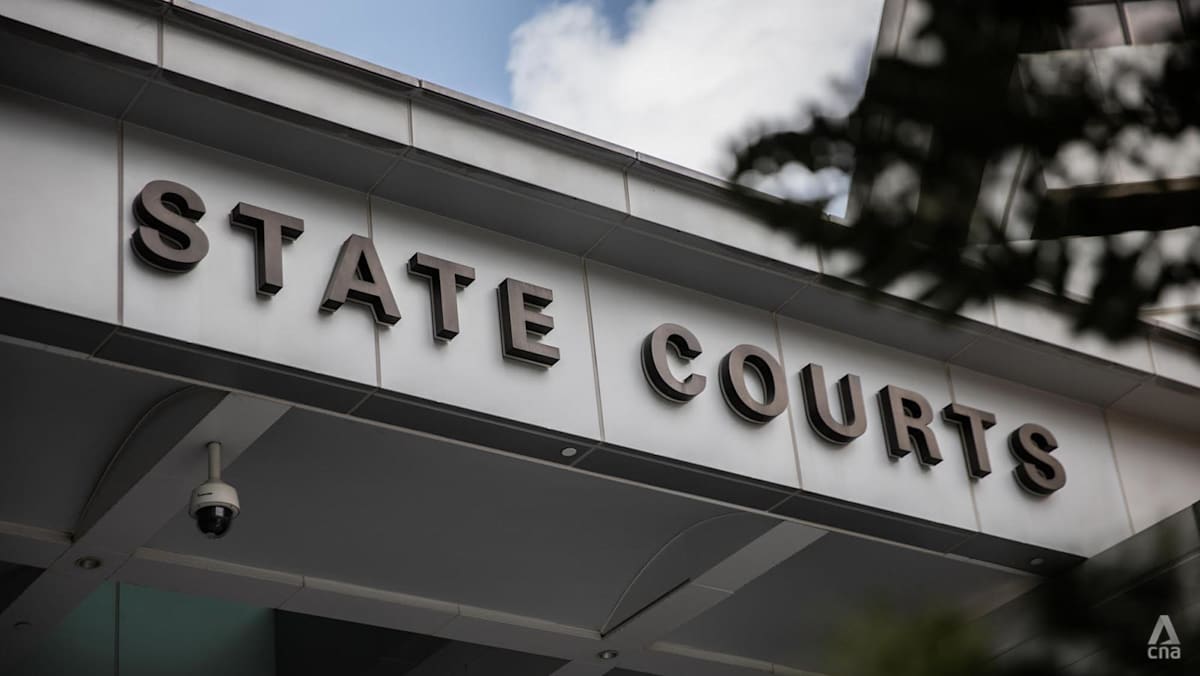SINGAPORE: A woman has been ordered to repay S$175,689 (US$136,700) to her estranged mother-in-law, after a judge rejected her claim that a S$200,000 transfer for cryptocurrency trading was a gift rather than a loan.
According to a judgment dated Aug 14 and released on Thursday (Aug 21), Paige Lee Wen Xuan, formerly known as Kyenne Michelle Lee Xin Yu, received nine loans between 2018 and 2021 amounting to more than S$410,000 from the claimant, Chen Rongying.
The women’s ages were not disclosed in court documents.
The loans were extended during Ms Lee’s marriage to Ms Chen’s son, identified only as Li in court documents. Ms Lee and Mr Li are currently undergoing divorce proceedings.
THE LOANS
The nine loans ranged from S$1,500 to S$200,000.
According to Ms Chen, the loans were taken for several purposes, including the acquisition of a property, assisting Ms Lee with living expenses, investing in commodities, trading in cryptocurrencies and depositing funds into fixed deposit accounts to improve Lee’s credit score.
Ms Chen said that various loans were documented in four IOUs, which were written in Chinese and signed by Ms Lee.
Ms Lee said that the IOUs were signed on the understanding that they were for Ms Chen’s record-keeping of the money transferred, and she believed that there was no legal intention.
In an amended defence filed on Mar 11, Ms Lee admitted to having taken four loans, which totalled S$171,000, but disputed the remaining five. She disagreed with Ms Chen on their purpose and said that there had been partial repayment.
Ms Lee said that she did not receive the second and fourth loans of S$1,500 and S$2,500, saying that even if she did, they were for household expenses and family necessities.
She accepted the fifth loan of S$9,496 but described it as money for home renovations, not a loan. She also denied taking the sixth loan of S$20,000.
THE CRYPTOCURRENCY LOAN
The seventh and largest loan of S$200,000 was the most contentious. Ms Lee admitted to having received this but insisted it was a gift from Ms Chen to her son, Mr Li, for cryptocurrency trading.
Ms Lee said that as Mr Li wanted to use the sum for trading, the money was transferred to her OCBC bank account, which was subsequently frozen.
Ms Lee later transferred S$110,000 to Ms Chen, saying it was out of familial deference rather than any binding obligations.
An IOU signed by Ms Lee on January 10, 2021, stated that the sum was loaned to Ms Lee by Ms Chen and that she would return it after her account was unfrozen.
COURT’S FINDINGS
Deputy Registrar Jasmin Kang found Ms Lee’s claim to be “inherently unbelievable” as the loan of S$200,000 was deposited into her account and not Mr Li’s, with no evidence of it being used for cryptocurrency trading.
The sum was also transferred to Ms Lee’s UOB bank account and not the frozen OCBC account. In addition, the IOU was a signed acknowledgement that the sum was a loan and not a gift.
The court ruled that IOUs and repayment conduct can establish binding legal obligations even in family settings.
Ms Lee’s claim that, in addition to the sum of S$157,811 that she had repaid, she had also made a further repayment of S$45,000. During the hearing, Ms Lee accepted that there was no documentary evidence of the repayment, and it was only an assertion set out in the affidavit.
Ms Kang said that if Ms Lee was certain that the specific sum of S$45,000 was repaid towards the S$200,000 owed, there should have been evidence such as bank statements, cash withdrawals and text messages.
The court granted Chen partial summary judgment for S$175,689 and ordered Lee to pay S$4,500 in legal costs.













